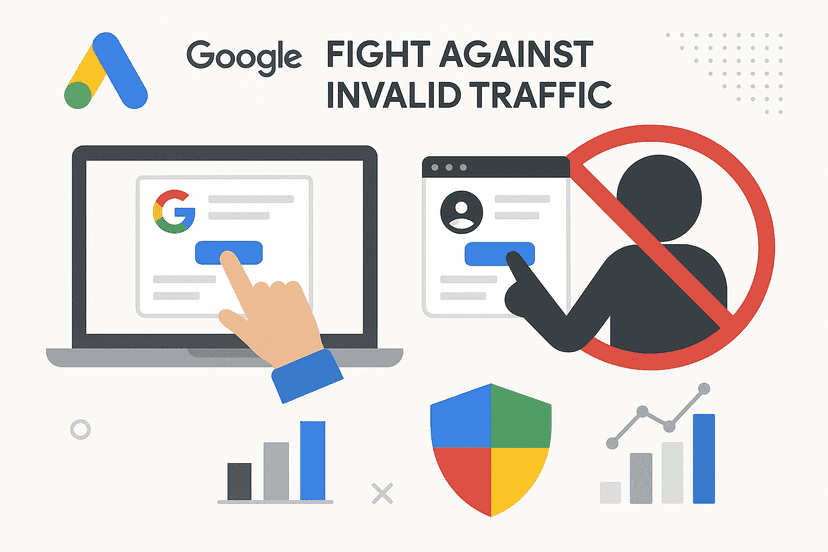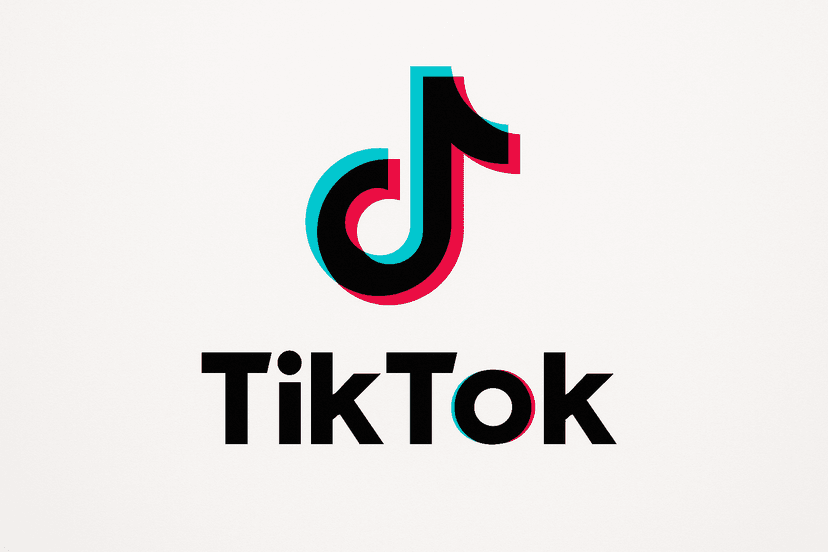Why SEO Matters for Hotels
The journey of most travelers begins with a search query. Whether they’re looking for “luxury hotels in Paris” or “budget-friendly accommodations in Bangkok,” search engines serve as the primary gateway to discovery. Here’s why SEO should be a priority for your hotel:
Direct bookings are significantly more profitable than those coming through third-party platforms, which often charge commissions ranging from 15% to 30%. By ranking higher in search results, hotels can capture more direct bookings and preserve their profit margins.
Unlike paid advertising that stops delivering results once you stop paying, SEO offers sustainable long-term benefits. While it may take time to build momentum, the results tend to be more durable and cost-effective over time.
Effective SEO increases your hotel’s visibility precisely when potential guests are actively searching for accommodations in your area. This targeted approach means you’re reaching people who are already interested in what you offer.
Understanding Hotel-Specific SEO
Hotel SEO differs from general SEO in several important ways. The hospitality industry has unique search patterns, competitive landscapes, and conversion factors that require specialized approaches:
Travel searches often include location-specific terms and amenity requirements. Travelers might search for “pet-friendly hotels in Manhattan” or “beachfront resort with spa in Cancun.” Understanding these search patterns is crucial for effective keyword targeting.
The hotel industry has one of the most complex conversion funnels in e-commerce. Travelers often conduct extensive research before booking, comparing options across multiple sites and platforms. SEO strategies must account for this extended decision-making process.
Hotels compete not just with other properties but also with OTAs like Booking.com and Expedia, which have enormous SEO budgets and domain authority. Crafting strategies to compete effectively in this landscape requires specialized knowledge.
Keyword Research for Hotels
Effective keyword research forms the foundation of any successful hotel SEO strategy. Here’s how to approach it:
Start by identifying the primary location-based terms potential guests might use when searching for accommodations in your area. These typically include your city, neighborhood, nearby landmarks, and regional terms.
Beyond location, identify amenities and features that make your property stand out. These might include “rooftop pool,” “pet-friendly,” “free breakfast,” or “business center.” These qualifying terms help you target more specific searches with less competition.
Analyze the terms your competitors are ranking for, particularly direct competitors in your area. Tools like SEMrush or Ahrefs can provide insights into their keyword strategies, helping you identify opportunities they might be missing.
Consider the search intent behind different keywords. Some searchers are in the early research phase, while others are ready to book. Your keyword strategy should address both through a mix of informational and transactional keywords.
On-Page SEO Strategies for Hotels
Once you’ve identified your target keywords, it’s time to optimize your website’s content around them:
Your hotel’s homepage should clearly communicate your unique value proposition while targeting your primary keywords. Location-specific terms should appear naturally in headings, meta descriptions, and body content.
Create dedicated pages for each room type, amenity, and service your hotel offers. These pages should include detailed descriptions, high-quality images, and relevant keywords. They provide opportunities to rank for more specific search queries.
Craft compelling meta titles and descriptions for each page on your site. These elements not only influence rankings but also affect click-through rates from search results. Include location terms and unique selling points to encourage clicks.
Implement schema markup specifically designed for hotels. This structured data helps search engines understand details about your property, including room types, amenities, star ratings, and pricing information, potentially leading to rich results in search listings.
Local SEO for Hotels
For hotels, local SEO is particularly important since most searches for accommodations have local intent:
Claim and optimize your Google Business Profile. Ensure all information is accurate and complete, including address, phone number, check-in times, amenities, and high-quality photos. Regularly update this information and respond to reviews promptly.
Ensure your hotel’s name, address, and phone number (NAP) are consistent across all online directories, review sites, and social media platforms. Inconsistent information can confuse both users and search engines.
Build citations on relevant travel directories and local business listings. Focus on quality over quantity, prioritizing authoritative sites in the hospitality and travel industries.
Encourage guests to leave reviews on Google, TripAdvisor, and other relevant platforms. Positive reviews not only improve your local search rankings but also influence potential guests’ booking decisions.
Content Marketing for Hotels
Content marketing offers hotels a powerful way to attract and engage potential guests while building authority in search engines:
Create neighborhood guides highlighting local attractions, restaurants, and activities near your hotel. These guides can rank for searches like “things to do near [your location]” and position your hotel as a hub for exploring the area.
Develop a blog featuring articles about local events, seasonal activities, travel tips, and behind-the-scenes looks at your property. Regular, quality content helps build domain authority and creates additional opportunities to rank for relevant keywords.
Use visual content like virtual tours, high-quality photos, and videos to showcase your property. These elements improve engagement metrics and can appear in image and video search results.
Consider creating landing pages for specific events or seasons in your area. Pages targeting searches like “hotels near [annual festival]” or “winter getaway in [location]” can capture highly motivated searchers during peak seasons.
Technical SEO for Hotel Websites
Technical aspects of your website significantly impact both user experience and search engine rankings:
Ensure your website loads quickly across all devices. Slow-loading sites frustrate users and receive penalties in search rankings. Compress images, leverage browser caching, and minimize unnecessary code to improve load times.
Implement a logical site structure with clear navigation paths. Users should be able to find information about rooms, amenities, location, and booking options within a few clicks from any page.
Ensure your website uses HTTPS protocol to provide secure connections for users, especially important for sites handling booking information and personal data. Search engines give preference to secure sites.
Create an XML sitemap and submit it to search engines to ensure all important pages are discovered and indexed. Regularly check for crawl errors and address them promptly.
Mobile Optimization
With most travel searches now occurring on mobile devices, mobile optimization is no longer optional for hotels:
Implement responsive design that provides an optimal viewing experience across all devices. Test your site on various screen sizes to ensure content is accessible and readable without zooming or scrolling horizontally.
Mobile users often have different needs than desktop users. Ensure your mobile site prioritizes information like location, directions, phone numbers, and booking functionality that mobile users are likely to seek.
Optimize your booking process for mobile users. Forms should be simple, with minimal typing required. Consider implementing options like Google Autocomplete for addresses and digital wallet payment methods.
Mobile page speed is particularly critical. Google’s mobile-first indexing means your site’s mobile performance directly impacts your search rankings across all devices.
Managing Online Reviews
Online reviews impact both your search rankings and potential guests’ booking decisions:
Implement a systematic approach to encourage satisfied guests to leave positive reviews. This might include follow-up emails, in-room reminders, or incentives for feedback.
Respond promptly and professionally to all reviews, both positive and negative. Thoughtful responses demonstrate that you value guest feedback and are committed to providing excellent experiences.
Address negative reviews constructively by acknowledging concerns, explaining steps taken to resolve issues, and inviting further communication. This approach can turn a negative experience into a positive impression for potential guests reading reviews.
Monitor review trends to identify recurring issues or highlights that should be addressed in your marketing materials or operational procedures.
Measuring SEO Success
Tracking the right metrics helps you understand the effectiveness of your hotel SEO strategy:
Track your rankings for target keywords, but remember that rankings alone don’t tell the whole story. Focus particularly on keywords with high conversion potential.
Monitor organic traffic to your website, especially to high-value pages like your booking engine. Look for trends in traffic patterns related to seasonality or marketing initiatives.
Calculate the conversion rate from organic search traffic to actual bookings. This helps you understand the quality of the traffic you’re attracting through SEO efforts.
Compare the cost of acquiring a booking through SEO versus other channels like paid advertising or OTA commissions. This ROI analysis helps justify continued investment in SEO.
Common SEO Mistakes Hotels Make
Avoid these common pitfalls that can undermine your hotel’s SEO efforts:
Many hotels create thin content pages that provide minimal information about their property or destination. Search engines prefer comprehensive content that thoroughly addresses users’ queries.
Duplicate content across multiple pages dilutes SEO value and confuses search engines. Ensure each page on your site has unique, valuable content.
Some hotels focus exclusively on branded search terms (searches including the hotel’s name) while neglecting non-branded terms that could attract new customers who aren’t yet familiar with the property.
While securing links from travel directories is important, many hotels neglect building relationships with local businesses, attractions, and event organizers who could provide valuable, relevant backlinks.
Conclusion
SEO for hotels requires a multifaceted approach that addresses both the technical aspects of search visibility and the unique needs of travelers searching for accommodations. By implementing a comprehensive strategy that includes keyword research, on-page optimization, local SEO, content marketing, and technical improvements, hotels can improve their search visibility, attract more direct bookings, and reduce dependence on third-party platforms.
Remember that SEO is a long-term investment rather than a quick fix. Consistency in applying best practices, regularly updating content, and adapting to changes in search algorithms will yield the best results over time. Hotels that commit to ongoing SEO efforts position themselves to capture more direct bookings, build stronger relationships with guests, and ultimately increase their profitability in an increasingly competitive digital landscape.
As travel patterns and search technologies continue to evolve, staying informed about emerging trends and adjusting your strategy accordingly will help ensure your hotel maintains strong visibility where and when potential guests are searching. By making SEO a core component of your marketing strategy, you’re investing in sustainable growth and competitive advantage for your property.







